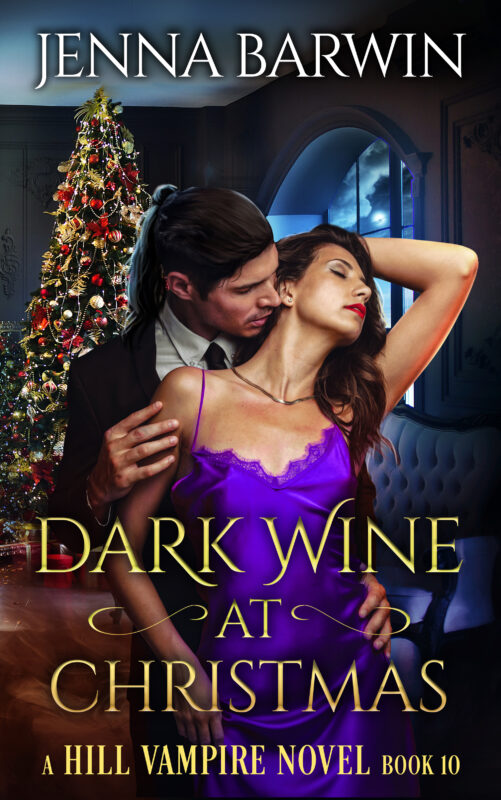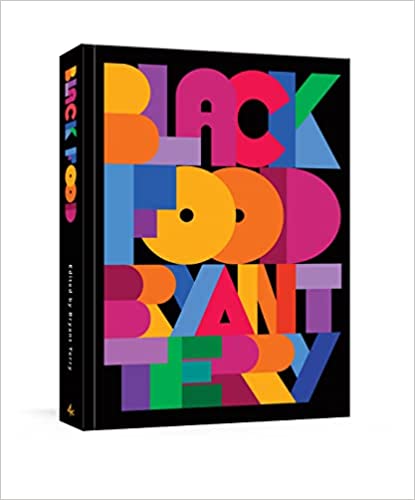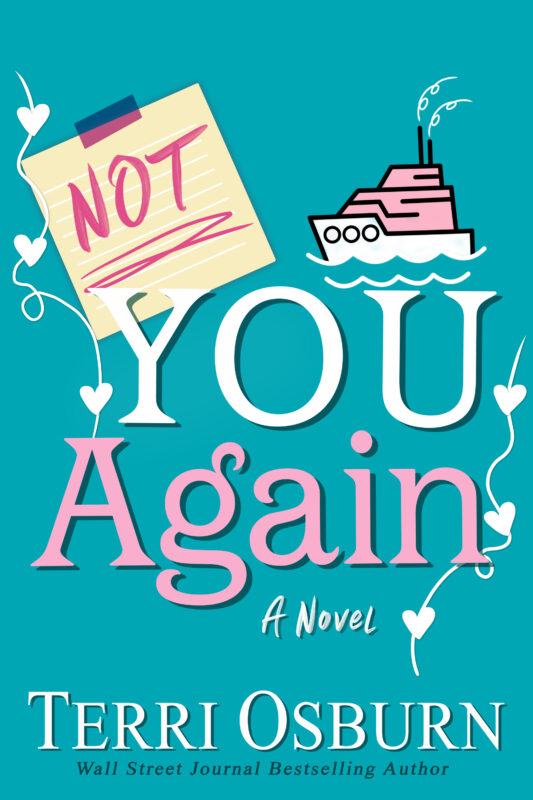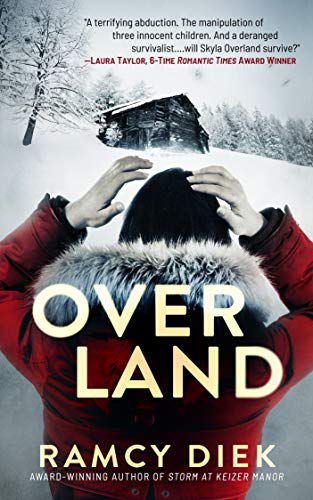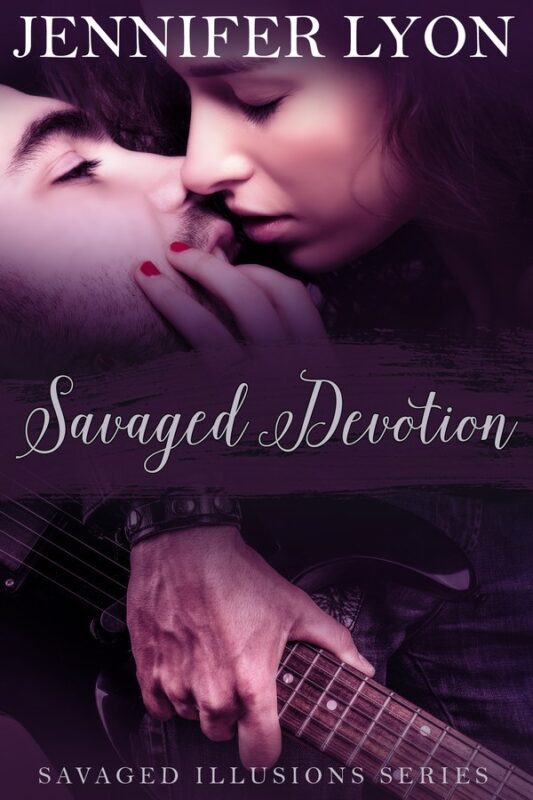A few weeks ago, a blog I was reading mentioned something to the effect of “when e-books were new back in 2007-2009” which left me both amused and nostalgic.
News flash: e-books have been around since at least 1971 when Project Gutenberg started digitizing public domain works. The US Declaration of Independence was the first document chosen. Check the Wikipedia page for more early e-book history.
I started reading e-books in 1999 on my laptop. I’d gone to the Romance Writers of America conference in Chicago and signed up to moderate a panel. By sheer serendipity, I was assigned to moderate the e-book panel presented by Janet Lane Walters and the late great Jane Toombs, two true e-book pioneers. I came away with an interest in e-books and a couple of samples on 3 1/2 inch diskettes. (Remember those?)
Back home, I read the books on my laptop using either Adobe Acrobat or an Internet browser, depending on whether the format was PDF or HTML. I’m a voracious reader and book buyer, and the house was already full of print books. The idea of being able to store book on my computer seemed like a godsend to me. A way to buy and hoard, I mean, store books without cluttering my already cluttered house. I was hooked!
 Commercial e-books were in their infancy, but dozens of small publishers sprang up, most of them no longer in business. Ellora’s Cave is the best known of the early small e-book houses. My publisher, Amber Quill Press, started in 2002. Romance readers got hooked early, and small presses deserve credit for reviving the paranormal romance genre, which NY had lost interest in, for feeding the erotic romance craze and for pioneering gay erotic romance.
Commercial e-books were in their infancy, but dozens of small publishers sprang up, most of them no longer in business. Ellora’s Cave is the best known of the early small e-book houses. My publisher, Amber Quill Press, started in 2002. Romance readers got hooked early, and small presses deserve credit for reviving the paranormal romance genre, which NY had lost interest in, for feeding the erotic romance craze and for pioneering gay erotic romance.
While e-book readers were a tiny minority at first, the growth was explosive, often 50% in a year. The numbers didn’t start to hit critical mass until Amazon got into the game with the Kindle 1 in late 2006, though Sony gets the credit for having the first available e-ink reader. There were commercial e-readers available before the Sony Reader and the Kindle: the original Rocket e-book reader, its successor the RCA Gemstar 1100, using my stylus to make selections. (You had to press a lot harder than on a tablet.) Also, books could be read on the little PDAs, like the Palm Pilot and Pocket PC. I read a lot on my Sony Clie and on my RCA Gemstar until it quit on me. By then, Amazon was about to release the Kindle, so I ordered one and never looked back.
In 2006, Janet Cornelow and I took pictures of each other reading on our e-book devices for a contest at Fullerton Public Library. We thought it would be cool if tow of the photos showed people reading electronically. Needless to say, I did not win. The picture above shows Janet reading on her RCA eBookwise.
Sony produced the first e-ink reader, beating the Kindle, but Amazon’s real innovation, the one that made it the leader in the industry, was the one-click purchase followed by wireless delivery directly to your device. No more having to buy from the publisher’s site–with different accounts at each site, were we dedicated ebook readers or what?–download the books to your computer and then side load your e-books using the USB cable. This step took e-book reading beyond the limits of the technologically proficient among us. The ability to download a sample before buying was (and still is) another popular feature. I was an early adopter of the Kindle 1 and still have my device, though it’s no longer in use. I’ve moved on to a Kindle Keyboard and the iPad.
Do you read e-books? If so, when did you start and what device(s) do you use?
Linda McLaughlin / Lyndi Lamont
New website: http://lindalyndi.com
Blog: http://lindalyndi.com/reading-room-blog/
Twitter: @LyndiLamont
- Author Bio
- Recent Posts
- Books
-
August 4, 2020
Writer Wellness, A Writer’s Path to Health and Creativity: Good self-care is the new multi-vitamin! Writers should still take a multi-vitamin, and Writer Wellness is a complimentary plan to help you stay on target for writing and life.
-
February 4, 2020
It doesn’t matter if you write first-person narrative or third-person with multiple viewpoint characters—getting deep inside a POV character’s head is the key to writing stories that grab readers by the heartstrings, no matter what genre you’re writing.
-
May 23, 2019A few weeks ago, a blog I was reading mentioned something to the effect of “when e-books were new back in 2007-2009” which left me both amused and nostalgic.News flash: e-books have been around since at least 1971 when Project Gutenberg started digitizing public domain works. The US Declaration of Independence was the first document […]
-
April 23, 2019A few weeks ago, a blog I was reading mentioned something to the effect of “when e-books were new back in 2007-2009” which left me both amused and nostalgic.News flash: e-books have been around since at least 1971 when Project Gutenberg started digitizing public domain works. The US Declaration of Independence was the first document […]
-
January 23, 2019A few weeks ago, a blog I was reading mentioned something to the effect of “when e-books were new back in 2007-2009” which left me both amused and nostalgic.News flash: e-books have been around since at least 1971 when Project Gutenberg started digitizing public domain works. The US Declaration of Independence was the first document […]
Related
Affiliate Links
A Slice of Orange is an affiliate with some of the booksellers listed on this website, including Barnes & Nobel, Books A Million, iBooks, Kobo, and Smashwords. This means A Slice of Orange may earn a small advertising fee from sales made through the links used on this website. There are reminders of these affiliate links on the pages for individual books.
Search A Slice of Orange
Find a Column
Archives
Featured Books
BLACK FOOD: STORIES, ART & RECIPES FROM ACROSS THE AFRICAN DIASPORA
Beautiful, rich, and groundbreaking . . .
More info →NOT YOU AGAIN
Four blind dates in five days. I can’t believe I agreed to this.
More info →SAVAGED DEVOTION
She fell in love with a rock star and lost everything…
More info →Newsletter
Contributing Authors
Search A Slice of Orange
Find a Column
Archives
Authors in the Bookstore
- A. E. Decker
- A. J. Scudiere
- A.J. Sidransky
- Abby Collette
- Alanna Lucus
- Albert Marrin
- Alice Duncan
- Alina K. Field
- Alison Green Myers
- Andi Lawrencovna
- Andrew C Raiford
- Angela Pryce
- Aviva Vaughn
- Barbara Ankrum
- Bethlehem Writers Group, LLC
- Carol L. Wright
- Celeste Barclay
- Christina Alexandra
- Christopher D. Ochs
- Claire Davon
- Claire Naden
- Courtnee Turner Hoyle
- Courtney Annicchiarico
- D. Lieber
- Daniel V. Meier Jr.
- Debra Dixon
- Debra H. Goldstein
- Debra Holland
- Dee Ann Palmer
- Denise M. Colby
- Diane Benefiel
- Diane Sismour
- Dianna Sinovic
- DT Krippene
- E.B. Dawson
- Emilie Dallaire
- Emily Brightwell
- Emily PW Murphy
- Fae Rowen
- Faith L. Justice
- Frances Amati
- Geralyn Corcillo
- Glynnis Campbell
- Greg Jolley
- H. O. Charles
- Jaclyn Roché
- Jacqueline Diamond
- Janet Lynn and Will Zeilinger
- Jeff Baird
- Jenna Barwin
- Jenne Kern
- Jennifer D. Bokal
- Jennifer Lyon
- Jerome W. McFadden
- Jill Piscitello
- Jina Bacarr
- Jo A. Hiestand
- Jodi Bogert
- Jolina Petersheim
- Jonathan Maberry
- Joy Allyson
- Judy Duarte
- Justin Murphy
- Justine Davis
- Kat Martin
- Kidd Wadsworth
- Kitty Bucholtz
- Kristy Tate
- Larry Deibert
- Larry Hamilton
- Laura Drake
- Laurie Stevens
- Leslie Knowles
- Li-Ying Lundquist
- Linda Carroll-Bradd
- Linda Lappin
- Linda McLaughlin
- Linda O. Johnston
- Lisa Preston
- Lolo Paige
- Loran Holt
- Lyssa Kay Adams
- Madeline Ash
- Margarita Engle
- Marguerite Quantaine
- Marianne H. Donley
- Mary Castillo
- Maureen Klovers
- Megan Haskell
- Melanie Waterbury
- Melissa Chambers
- Melodie Winawer
- Meriam Wilhelm
- Mikel J. Wilson
- Mindy Neff
- Monica McCabe
- Nancy Brashear
- Neetu Malik
- Nikki Prince
- Once Upon Anthologies
- Paula Gail Benson
- Penny Reid
- Peter Barbour
- Priscilla Oliveras
- R. H. Kohno
- Rachel Hailey
- Ralph Hieb
- Ramcy Diek
- Ransom Stephens
- Rebecca Forster
- Renae Wrich
- Roxy Matthews
- Ryder Hunte Clancy
- Sally Paradysz
- Simone de Muñoz
- Sophie Barnes
- Susan Squires
- T. D. Fox
- Tara C. Allred
- Tara Lain
- Tari Lynn Jewett
- Terri Osburn
- Tracy Reed
- Vera Jane Cook
- Vicki Crum
- Writing Something Romantic
Affiliate Links
A Slice of Orange is an affiliate with some of the booksellers listed on this website, including Barnes & Nobel, Books A Million, iBooks, Kobo, and Smashwords. This means A Slice of Orange may earn a small advertising fee from sales made through the links used on this website. There are reminders of these affiliate links on the pages for individual books.

















